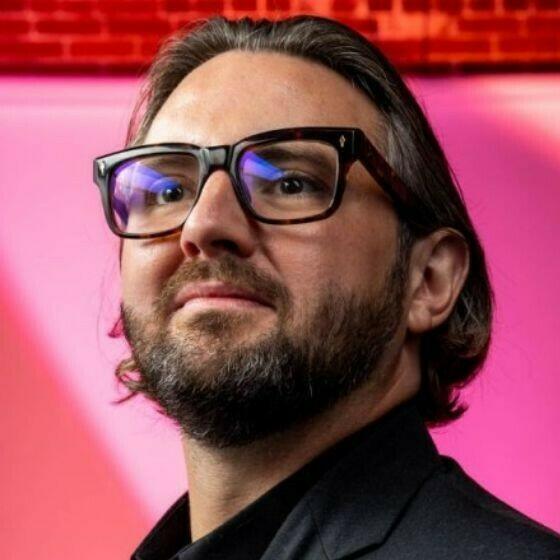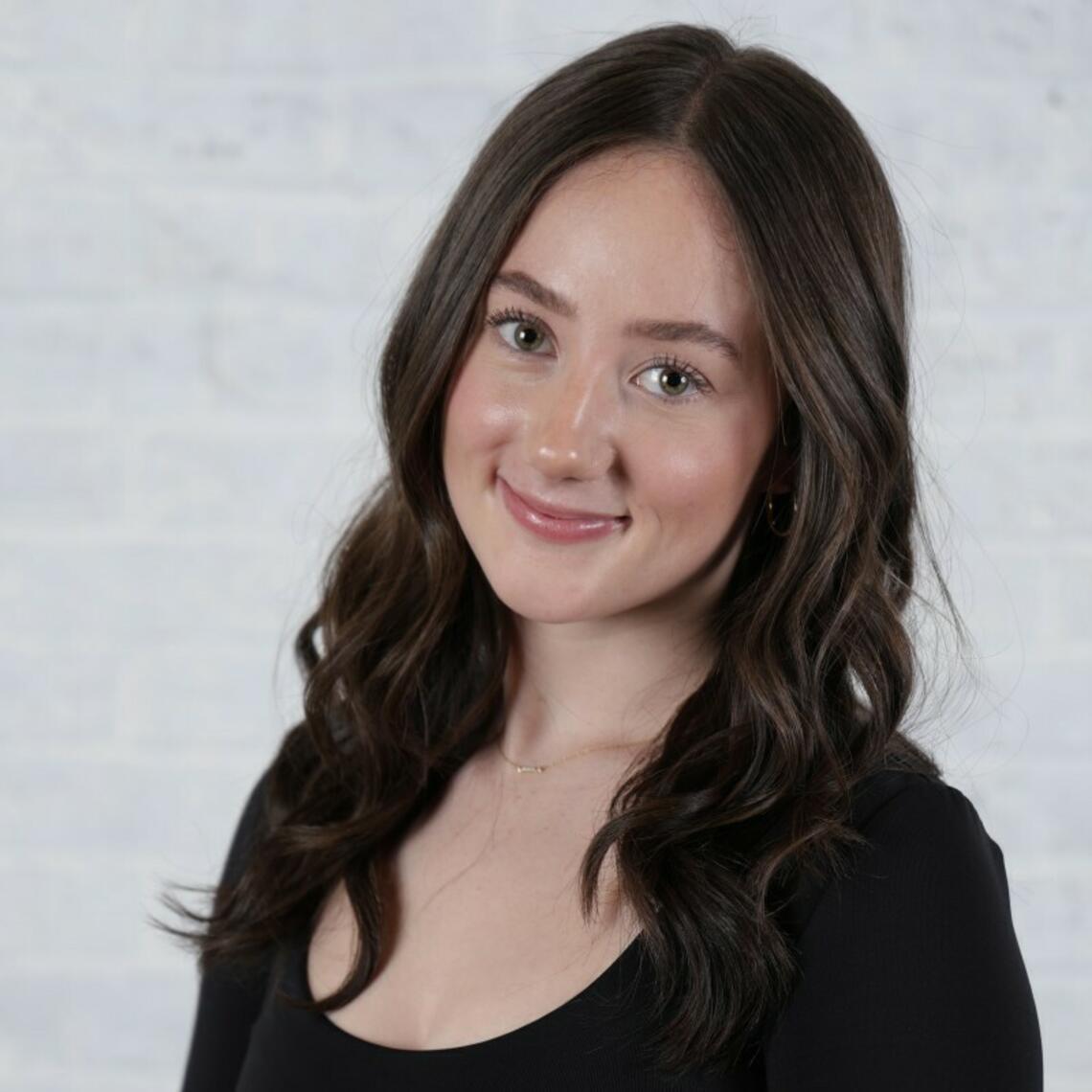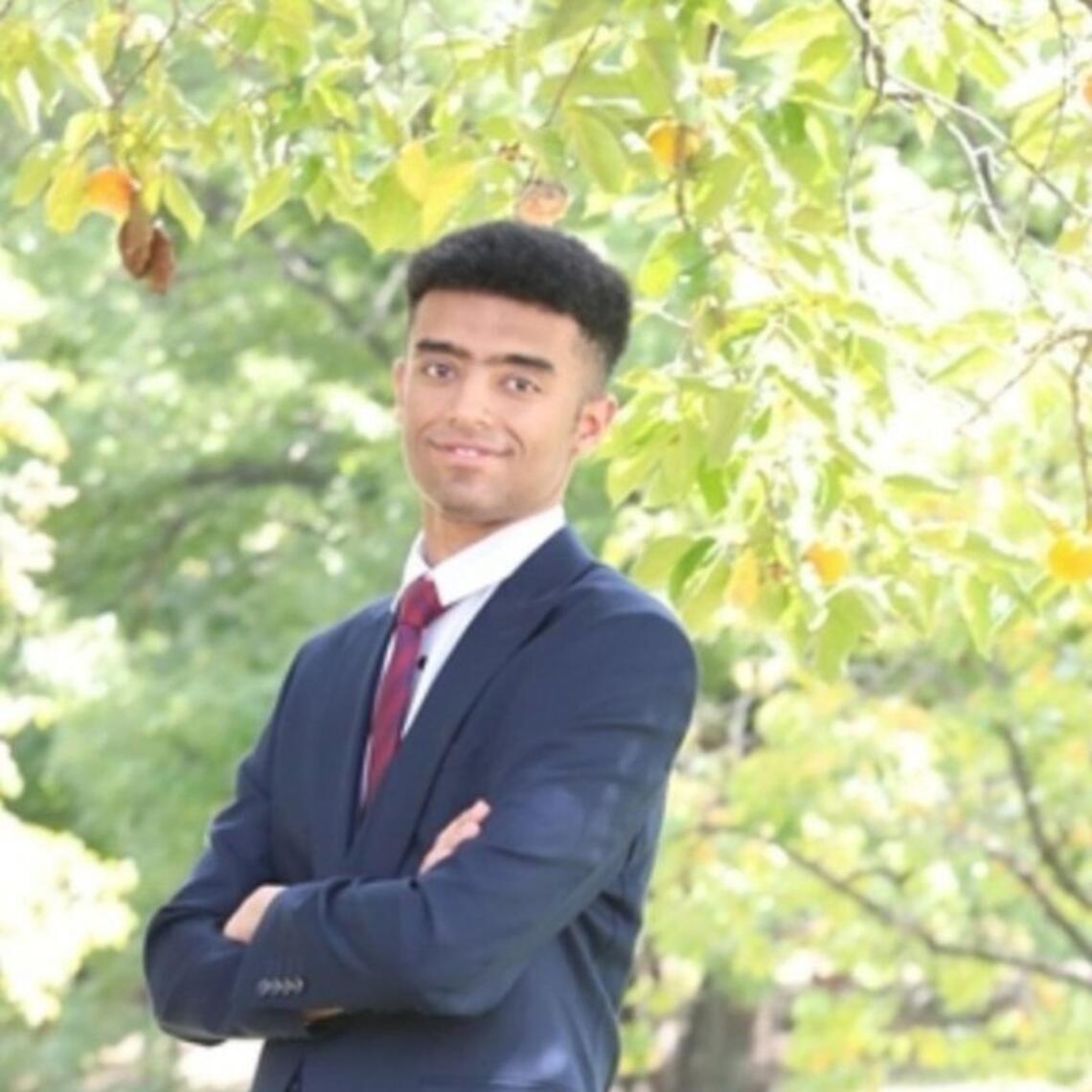The Team
The current members of the MIPLab.
Nils D. Forkert
Dr. Nils Daniel Forkert is a Full Professor at the University of Calgary in the Departments of Radiology, Clinical Neurosciences, and Electrical and Software Engineering. He received his German diploma in Computer Science in 2009 from the University of Hamburg, his master’s degree in medical physics in 2012 from the Technical University of Kaiserslautern, his PhD in computer science in 2013 from the University of Hamburg, and completed a postdoctoral fellowship at Stanford University before joining the University of Calgary as an Assistant Professor in 2014. He is an imaging and machine learning scientist who develops new image processing methods, predictive algorithms, and software tools for the analysis of medical data. This includes the extraction of clinically relevant parameters and biomarkers from medical data describing the morphology and function of organs with the aim of supporting clinical studies and preclinical research as well as developing computer-aided diagnosis and patient-specific, precision-medicine, prediction models using machine learning based on multi-modal medical data. Dr. Forkert is a Canada Research Chair (Tier 2) in Medical Image Analysis, and Director of the Child Health Data Science Program of the Alberta Children's Hospital Research Institute as well as the Theme Lead for Machine Learning in Neuroscience of the Hotchkiss Brain Institute at the University of Calgary. He has published over 220 peer-reviewed manuscripts, over 100 full-length proceedings papers, over 170 conference abstracts, 1 book, and 2 book chapters. He has received major funding from the Canadian Institutes of Health Research (CIHR), Natural Sciences and Engineering Research Council (NSERC), the Heart and Stroke Foundation, Calgary Foundation, and the National Institutes of Health as a PI or co-PI.

Anthony Winder
Anthony Winder graduated from the University of Calgary in 2018 with a BSc Neuroscience. After working summer studentships in the Medical Image Processing and Machine Learning Lab, he completed a Master's degree in Neuroscience with a specialization in Medical Imaging in the lab. Since completing his Master's degree, he is working as a Research Associate in the Medical Image Processing and Machine Learning lab. His research focuses on optimizing machine learning for tissue outcome prediction in acute ischemic stroke patients. Currently, he is working on a deep learning project to model stroke evolution using CT perfusion data.


Chris Kang
I obtained my Ph.D. in Applied Mathematics from Washington State University in 2023 under the supervision of Dr. Nikolaos K. Voulgarakis. Upon completion of the degree, I joined MIPLAB under the mentorship of Dr. Nils Forkert, initially as an Eyes High Postdoctoral Scholar and am currently serving as an Alberta Innovates Postdoctoral Fellow. My research interests encompass Boolean networks, the critical dynamics of complex systems, and the modeling of associative memory using the Hopfield network.
Kimberly Amador
Kimberly is a Postdoctoral Researcher in the Department of Radiology at the University of Calgary, working under the supervision of Dr. Nils Forkert. She holds a BSc in Biomedical Engineering from the University of Guadalajara, Mexico (2018), and recently completed her PhD in Biomedical Engineering with a specialization in Medical Imaging at the University of Calgary (2025). Her current research focuses on the in silico evaluation of acute ischemic stroke treatments using multimodal deep learning models. This work aims to support clinical decision-making and improve the efficiency of clinical trials in stroke care. Her broader interests include developing innovative, AI-driven approaches to address current clinical problems.


Sara Early
Sara graduated from the University of Waterloo in 2022 with a BSc in Chemical Physics. She is now pursuing her Masters in Biomedical Engineering with a specialization in Medical Imaging at the University of Calgary under Dr. Forkert. Her computational science background has led her to become passionate about the utilization of artificial intelligence in Medical Imaging. Sara's project will focus on the application of machine learning to neuroimaging for computer aided diagnosis of early-stage neurological diseases.
Erik Ohara
Erik Ohara completed his undergraduate degree in Electrical Engineering at the University of Brasilia, Brazil, in 2013. From 2010 until joining the MIPLAB in 2023, Erik worked at the Bank of Brazil, working as an Engineer and later as a Software Developer. He is currently pursuing a MSc in Biomedical Engineering with Medical Imaging Specialization. His research is focused on causal deep learning models applied on image data to answer counterfactual medical queries, under the supervision of Dr. Nils Forkert.


Garazi Casillas
Garazi completed her bachelor's degree in Biomedical Engineering at Mondragon Unibertsitatea (Basque Country, Spain) (2019-2023). She completed her thesis at the BioMobility department of the Università Degli Studi di Padova (Italy) while studying the gait alterations in children with Fragile X Syndrome. She is a fall 2023 thesis-based MSc student in Neuroscience at the University of Calgary. She is interested in understanding how the brain works on its most complex way, and trying to improve the quality of life of human beings by means of the interaction of medicine and technology is an objective for her. Her research project consists of investigating the structural and functional properties of the brain in children with severe behaviors, with the aim of developing a protocol for imaging children with neurodevelopmental disorders who have behaviors of concern.
Raissa Andrade
Raissa Souza is a postdoctoral fellow with a PhD in Biomedical Engineering (2024) from the University of Calgary, specializing in medical imaging. She holds a BSc in Computer Science from São Paulo State University (2017) and studied abroad at the University of California, San Diego. Her interest in applying computer science to improve medical care began during research visits to Simon Fraser University (2014) and the University of California, Los Angeles (2015). Her research develops privacy-preserving, distributed learning methods for healthcare, enabling AI models to be trained across multiple hospitals without sharing patient data. She is particularly interested in approaches that work with small sample sizes, creating opportunities for applications in rare diseases, pediatric research, and underserved or remote hospitals. Her work also tackles challenges in data harmonization and bias mitigation.


Emma Stanley
Emma Stanley completed her undergraduate degree in Chemical and Biological Engineering at the University of British Columbia, where she was involved in bioengineering, synthetic biology, and image analysis research. She is currently pursuing a PhD in Biomedical Engineering with Medical Imaging Specialization. Her research focuses on improving understanding of bias and fairness in AI for medical image analysis. More specifically, she aims to develop methods to systematically study how biases in medical images impact deep learning pipelines and how medical imaging AI affects health equity from a sociotechnical perspective.
Gabrielle Dagasso
Gabrielle graduated from Thompson Rivers University, Kamloops, BC in 2021 with a BSc in Mathematics. She is now pursuing a PhD in Biomedical Engineering with a specialization in Medical Imaging at the University of Calgary under Dr. Forkert. Building upon prior research utilizing genotypic data, her research project will focus on integrating genotypic and phenotypic data in the form of medical images for analysis.


Chris Nielsen
Chris Nielsen is currently pursuing a PhD in Biomedical Engineering, Medical Imaging specialization, at the University of Calgary under the supervision of Dr. Nils Forkert. At the University of Calgary, he previously earned an MSc in Electrical Engineering in 2019 and a BSc in Applied Mathematics in 2016. His MSc thesis focused on the challenge of training machine learning models for medical image classification where there is a limited volume of data. From 2017 until joining the MIPLAB in 2021, Chris worked as an industrial data scientist at Getty Images, applying machine learning to improve image search. As a PhD student, his research interests involve developing machine learning tools for ophthalmology. Chris aspires to become a clinician-scientist specializing in ophthalmology and balancing direct surgical intervention with research and policy at the intersection of artificial intelligence and medicine.
Vibu Vigneshwaran
I graduated from the University of Moratuwa, Sri Lanka, with a BSc (Hons) in Electronic and Telecommunications engineering. My honours project focused on applying deep-learning techniques to identify patterns in brain waves. Due to my interest in medical imaging, I pursued a PhD at the University of Auckland, New Zealand, where I developed image-processing techniques to analyse large-scale coronary microscopy images. As a postdoctoral fellow at the MIP lab, I am researching causal models to explain, interpret, and generalize medical data.


Eneko Uruñuela
After obtaining BSc and MSc degrees in Biomedical Engineering from Universitat Politècnica de Catalunya and Universidad de Navarra, Spain, I did a PhD at the Basque Center on Cognition, Brain and Language. For my PhD, I developed novel hemodynamic deconvolution algorithms to blindly estimate neuronal-related events from functional MRI data without any information of the timing of these events. I joined the University of Calgary as a postdoctoral researcher in 2024 to work on innovative deep learning methods to predict tissue outcomes in acute ischemic stroke patients, with the goal of to improving our understanding of the temporal evolution of acute ischemic stroke and identify new treatment targets. I am mainly interested in studying causality with cutting-edge deep learning techniques like graph neural networks, as well as employing federated learning to ensure confidentiality of patient data and enrich the model’s robustness and applicability to diverse patient populations.
Jessica Bohm


Haley Gillett
Haley graduated from McMaster University in 2024, with a BSc in Medical Radiation Sciences specializing in radiation therapy. She is currently pursuing an MSc degree in Biomedical Engineering with a specialization in Medical imaging under Dr.Forkert. She is interested in the use of AI in medical image analysis to understand and develop ethical and responsible deployment in healthcare settings.
Eryn Libert-Scott

Mohammad Khazaei
I hold an MSc in Biomedical Engineering from Iran and completed my PhD in 2023 in Italy as part of the INFANS project under the European Union's Horizon 2020 program. My doctoral research centered on developing machine learning approaches for neonatal brain signal analysis, contributing to improved understanding of early neurological development.
My research expertise lies at the intersection of machine learning and healthcare, with a particular focus on advancing diagnostic and predictive methodologies. Currently, I am a postdoctoral researcher at MIPLAB, where I use self-supervised learning techniques to develop reliable and generalizable models for healthcare applications.
Noah Pinel
I graduated from the University of Calgary with a BSc in Computer Science. I am now working at MIPLab as a Master’s student in the Department of Biomedical Engineering where I am supervised by Dr. Forkert. My research interests lie at the intersection of Computer Science and Statistics. My primary focus is on developing machine learning algorithms for applications in medical imaging and healthcare.


Kaleb Asfaw
I earned my undergraduate degree in Computer Science from Korea Advanced Institute of Science and Technology (KAIST). I am currently pursuing an MSc in Biomedical Engineering with a specialization in medical imaging under the supervision of Dr. Nils Forkert. My primary interest lies in applying computer vision techniques to the Medical Image processing domain.




